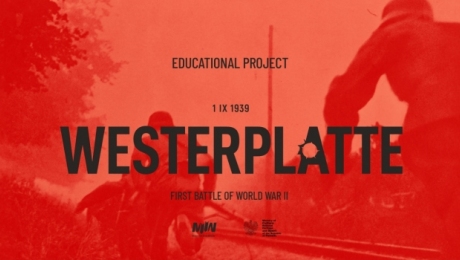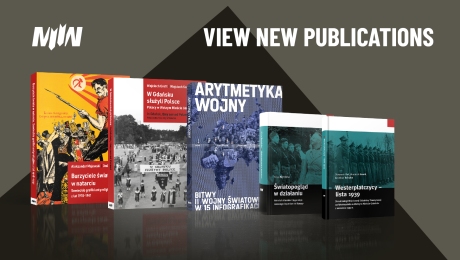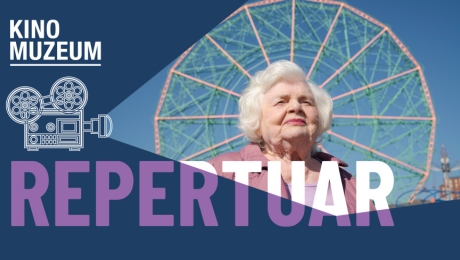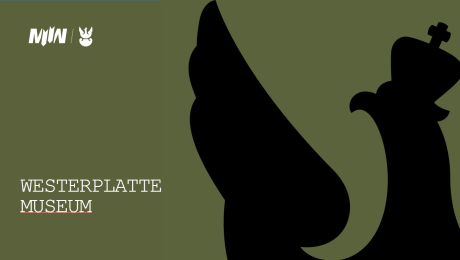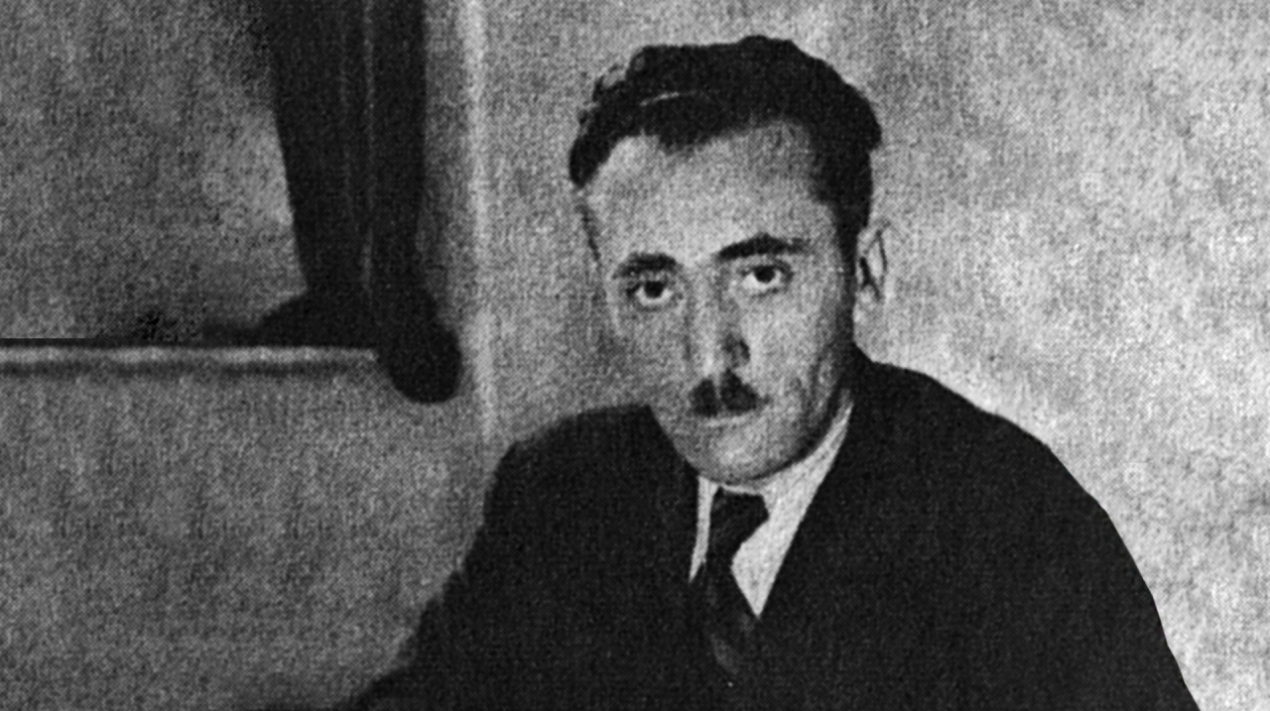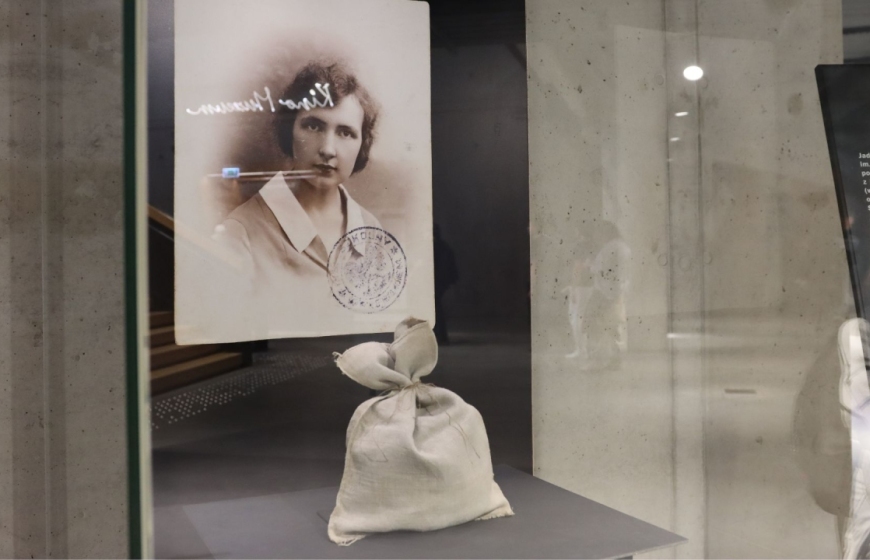80th Anniversary of Szmul Zygielbojm’s death
Szmul Zygielbojm was an activist of the socialist Bund party. In its ranks (and also in municipal government), he fought for real equality for Jewish workers and for their social interests in Poland. It was Poland that he considered his homeland.
He was a journalist. He presented his views, among others, in the magazine "Arbeter Fragen". He co-organised the workers' battalions for the defence of Warsaw during the Polish campaign of 1939. He represented the Bund in the Warsaw Judenrat, but already in January 1940, following orders from his party officials, he left Poland to report on the situation of Jews in the occupied country and to be their voice abroad. In February 1942, by a decision of the Polish authorities in exile, he became one of the two representatives of the Jewish community in the National Council, which represented Polish political circles.
When he received information about the genocide of the Jews perpetrated by the German occupiers, he repeatedly called on the Polish and international authorities to take active measures to force the Germans to stop committing crimes. Those efforts proved fruitless. When the Warsaw Ghetto revolt was dying down, he sent a letter to the President of Poland and Prime Minister Sikorski, which was in fact a protest against the passivity of the free world towards the extermination of the Jews. The following day (12 May 1943) he committed suicide. He felt that his life had lost its meaning when in fact the dominant part of Polish Jewry, with which he identified himself, had already been annihilated, and the remaining survivors might not live to see organized Allied assistance.
A farewell letter of 11 May 1943 by Szmul Zygielbojm to the President of the Republic of Poland, Władysław Raczkiewicz, and the President of the Council of Ministers, General Władysław Sikorski:
Source: Confronting the Holocaust: documents on the Polish Government-in-Exile's policy concerning Jews 1939–1945, ed. P. Długołęcki, Warszawa 2022.
Photo: public domain / MIIWŚ.






